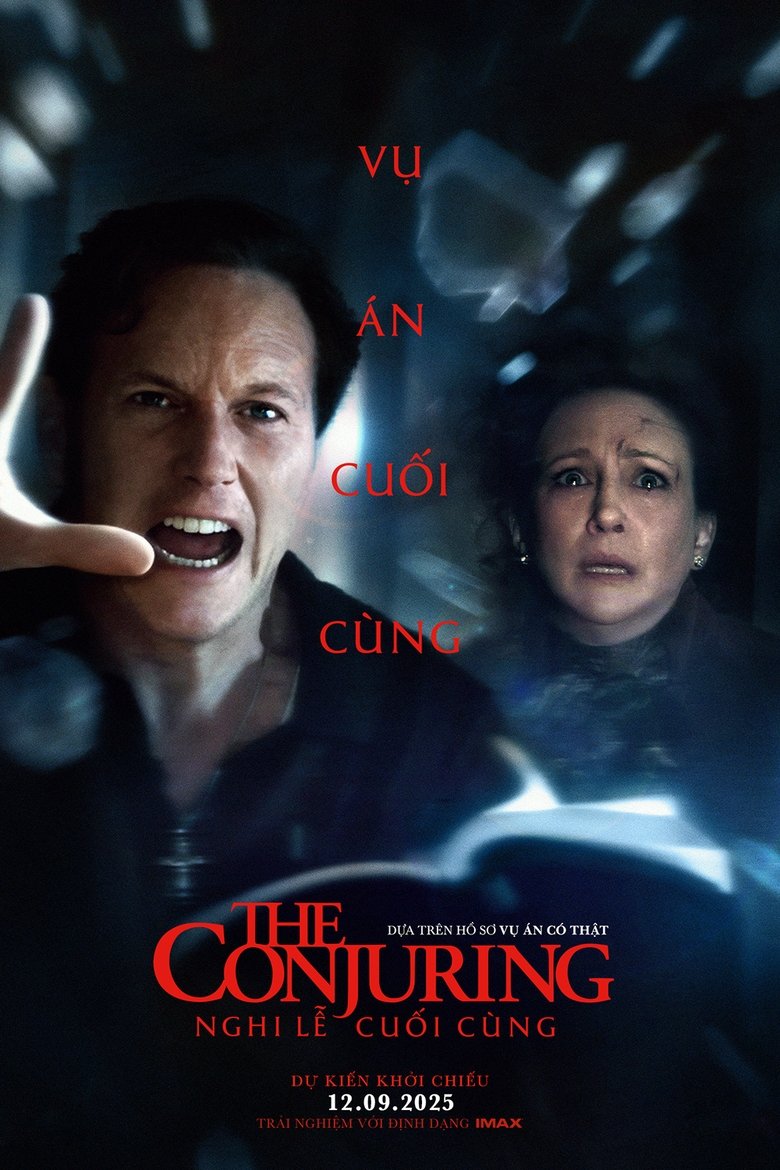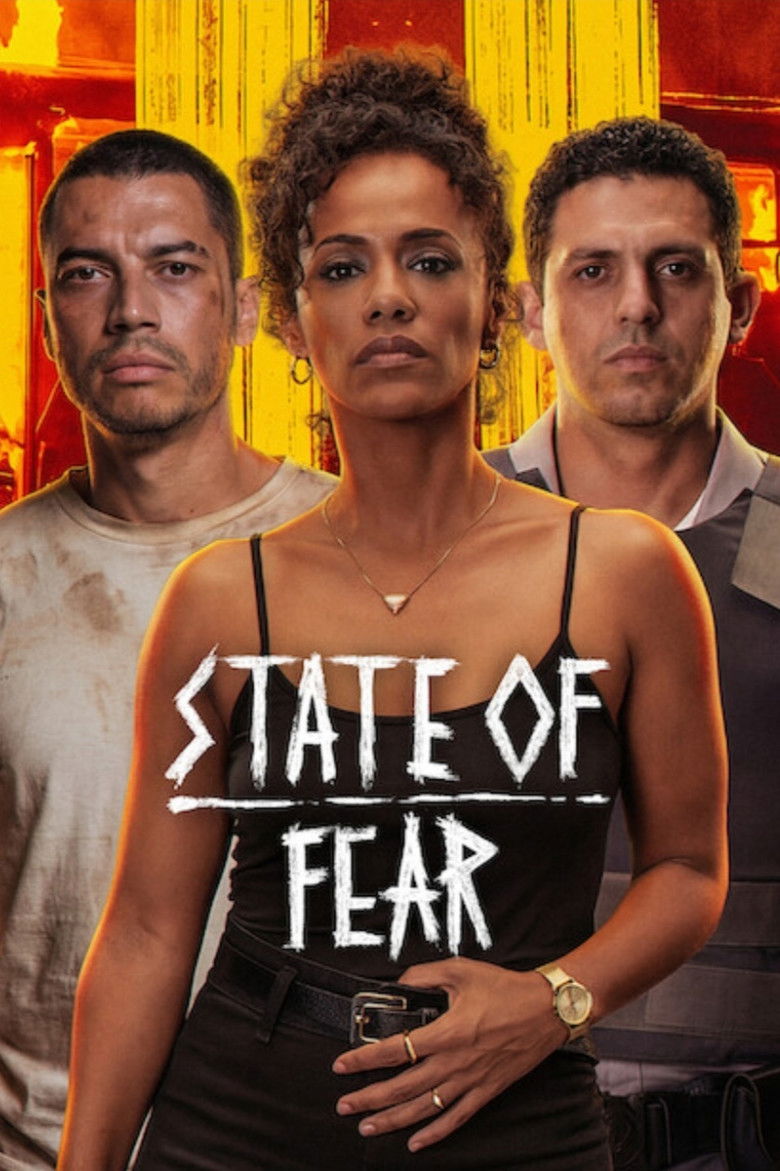The Last Voyage of the Demeter
"The Last Voyage of the Demeter: An Unrelenting Symphony of Horror and Survival"
In the annals of cinematic history, where narratives are woven and emotions are splashed across the silver screen, "The Last Voyage of the Demeter" emerges as a chilling masterpiece that shatters the conventions of terror and survival. With a directorial prowess that whispers of innovation and a script that dances with enigma, this film encapsulates an oceanic odyssey that not only takes us from Carpathia to London but also delves into the labyrinthine corridors of our deepest fears.
As the opening credits roll, the stage is set for an arduous jouey that traverses more than just miles of treacherous waters. The merchant ship Demeter stands as both a vessel of human endeavor and a metaphorical coffin, bearing witness to a terror that defies comprehension. Led by a captain whose determination borders on obsession, the crew embarks on a voyage that quickly morphs into a relentless battle against an unknown force. Each night becomes a symphony of dread as the ship is ensnared in the clutches of an unyielding malevolence. The pacing, meticulously orchestrated, captures the essence of tension in every creak of the ship';s timewo boards.
The heart of the film rests upon the shoulders of its cast, who deliver performances that resonate with authenticity. The captain, portrayed with gravitas, wavers between leadership and madness, haunted by shadows that seem to mirror his own inteal turmoil. The diverse crew, a microcosm of humanity itself, struggles to maintain their composure as they are stalked by an omnipresent maleficence. The synergy between the actors is palpable, fostering a sense of camaraderie that is both heartening and tragic. Their jouey becomes our own, their fear a mirror to our deepest anxieties.
One cannot discuss "The Last Voyage of the Demeter" without exploring its visual language, a tapestry of chiaroscuro that paints a portrait of impending doom. The cinematography wields darkness and light as tools, concealing and revealing horrors that linger just beyond the periphery. The camera becomes a companion to the crew, an observer of their harrowing plight. The skillful use of close-ups captures the torment etched upon their faces, allowing us to witness their descent into the abyss of terror.
The film';s soundtrack, a composition of eerie melodies and dissonant chords, serves as an additional character in this macabre ballet. It ebbs and flows, mirroring the emotional tumult of the crew and amplifying the atmosphere of dread. The auditory elements work in tandem with the visual, creating a sensory experience that lingers long after the credits roll.
In an age where horror can often be reduced to gratuitous shocks, "The Last Voyage of the Demeter" eschews cheap thrills in favor of a cerebral and psychological terror. It invites us to confront the unknown, to grapple with forces that defy explanation. The narrative evolves into a meditation on the fragility of the human psyche and the resilience of the human spirit. Beneath the surface, it poses questions that transcend the screen and resonate with the very core of our existence.
In conclusion, "The Last Voyage of the Demeter" is an artistic triumph that encapsulates the essence of cinematic storytelling. It is a jouey into the heart of fear, a confrontation with the enigmatic, and a testament to the power of collaboration between director, cast, and crew. As the Demeter sails into the abyss, it takes its audience on a parallel voyage—one that transcends time and space, navigating the depths of horror and the heights of survival.

The Last Voyage of the Demeter
-
Status:
- Full HD - Multi-Subtitles
- Bragi F. Schut, Zak Olkewicz, Bram Stoker
Directors: André Øvredal
Actors: Corey Hawkins, Aisling Franciosi, Liam Cunningham, David Dastmalchian, Chris Walley, Jon Jon Briones, Stefan Kapicic, Martin Furulund, Nikolai Nikolaeff, Woody Norman, Javier Botet, Graham Turner, Nicolo Pasetti, Christopher York, Noureddine Farihi, Adam Shaw, Sally Reeve
Genres: Movies, Horror,
Country: U.S,
Time:
Release Year: 2023
Productors:
"The Last Voyage of the Demeter: An Unrelenting Symphony of Horror and Survival"
In the annals of cinematic history, where narratives are woven and emotions are splashed across the silver screen, "The Last Voyage of the Demeter" emerges as a chilling masterpiece that shatters the conventions of terror and survival. With a directorial prowess that whispers of innovation and a script that dances with enigma, this film encapsulates an oceanic odyssey that not only takes us from Carpathia to London but also delves into the labyrinthine corridors of our deepest fears.
As the opening credits roll, the stage is set for an arduous jouey that traverses more than just miles of treacherous waters. The merchant ship Demeter stands as both a vessel of human endeavor and a metaphorical coffin, bearing witness to a terror that defies comprehension. Led by a captain whose determination borders on obsession, the crew embarks on a voyage that quickly morphs into a relentless battle against an unknown force. Each night becomes a symphony of dread as the ship is ensnared in the clutches of an unyielding malevolence. The pacing, meticulously orchestrated, captures the essence of tension in every creak of the ship';s timewo boards.
The heart of the film rests upon the shoulders of its cast, who deliver performances that resonate with authenticity. The captain, portrayed with gravitas, wavers between leadership and madness, haunted by shadows that seem to mirror his own inteal turmoil. The diverse crew, a microcosm of humanity itself, struggles to maintain their composure as they are stalked by an omnipresent maleficence. The synergy between the actors is palpable, fostering a sense of camaraderie that is both heartening and tragic. Their jouey becomes our own, their fear a mirror to our deepest anxieties.
One cannot discuss "The Last Voyage of the Demeter" without exploring its visual language, a tapestry of chiaroscuro that paints a portrait of impending doom. The cinematography wields darkness and light as tools, concealing and revealing horrors that linger just beyond the periphery. The camera becomes a companion to the crew, an observer of their harrowing plight. The skillful use of close-ups captures the torment etched upon their faces, allowing us to witness their descent into the abyss of terror.
The film';s soundtrack, a composition of eerie melodies and dissonant chords, serves as an additional character in this macabre ballet. It ebbs and flows, mirroring the emotional tumult of the crew and amplifying the atmosphere of dread. The auditory elements work in tandem with the visual, creating a sensory experience that lingers long after the credits roll.
In an age where horror can often be reduced to gratuitous shocks, "The Last Voyage of the Demeter" eschews cheap thrills in favor of a cerebral and psychological terror. It invites us to confront the unknown, to grapple with forces that defy explanation. The narrative evolves into a meditation on the fragility of the human psyche and the resilience of the human spirit. Beneath the surface, it poses questions that transcend the screen and resonate with the very core of our existence.
In conclusion, "The Last Voyage of the Demeter" is an artistic triumph that encapsulates the essence of cinematic storytelling. It is a jouey into the heart of fear, a confrontation with the enigmatic, and a testament to the power of collaboration between director, cast, and crew. As the Demeter sails into the abyss, it takes its audience on a parallel voyage—one that transcends time and space, navigating the depths of horror and the heights of survival.



























